Answers to Common Questions Regarding Counselling
A list of the conditions I treat is available on this page.
You can find my session fees and terms on this page.
I offer Zoom sessions for those who prefer the convenience and comfort of their home or find it difficult to attend in person.
For face-to-face sessions, I have a counselling practice room in Brookvale, NSW Northern Beaches.
I am Certified Practicing Counsellor registered with the Psychotherapy and Counselling Federation of Australia (Registration # 27740). I have professional indemnity insurance and receive regular clinical supervision and professional development to uphold my registration and develop my skills. I adhere to the Psychotherapy and Counselling Federation of Australia Code of Ethics.
While in-person sessions must be booked at least one week in advance, there is more flexibility for Zoom appointments, depending on availability.
Counselling is for anyone who feels they need support, a safe space to talk, or guidance in navigating life’s challenges. If you’re feeling stuck, overwhelmed, or unsure where to turn, counselling can provide clarity and tools to help you move forward.
Mental health challenges can manifest in various ways, such as persistent feelings of sadness or anxiety, difficulty concentrating, changes in appetite or sleep patterns, or withdrawing from loved ones. If these feelings or behaviours are affecting your daily life, seeking support can help you navigate them effectively.
In your first session, we’ll discuss your goals and any concerns you’d like to address. Sessions typically involve open, non-judgmental conversations aimed at helping you explore your thoughts and feelings, identify patterns, and develop strategies to improve your well-being.
I offer both short-term and long-term counselling and psychotherapy, with the duration tailored to each individual’s needs. Many people begin to feel a sense of relief after the first few sessions, often simply from having the opportunity to talk about an issue they haven’t shared before. Some clients come to therapy to address long-standing challenges, while others notice patterns in their lives that they want to change. There are also those who seek therapy not because they have a specific problem, but because they want to gain a deeper understanding of themselves. Ultimately, the length and depth of therapy depends on the type of change you wish to achieve. While therapy is not a quick fix, it provides valuable support in building healthier relationships, making lasting changes, and transforming your life.
The first session is about getting to know each other. It is an opportunity for you to express your concerns or current presenting issues. It is also an opportunity to ask me whatever you need and to discuss any goals you may have.
A referral is not required to book an appointment. A referral is also not required for rebates from private health insurance companies.
No. Sessions with me are not covered by Medicare. However, your out-of-pocket expenses will be less than under a Mental Health Treatment Plan.
More flexibility: Paying out-of-pocket allows individuals to choose from a wider range of therapists (including counsellors or psychotherapists not covered by Medicare or insurance) and find the best fit for their specific needs.
Privacy: Some people prefer to maintain privacy and avoid sharing their mental health status with an EAP service provided by their employer or their GP, making paying out-of-pocket an attractive option.
Extended access: Out-of-pocket payments can be used for ongoing therapy beyond the limits of Medicare sessions or EAP benefits.
Personal preferences: Some individuals might prefer to see a specific therapist who specialises in an approach or method not covered under insurance or Medicare (e.g., certain types of therapy that may not be covered under Medicare’s Better Access initiative).
No. Most psychologists charge more than $250 per session and you will get approximately $90 back from Medicare, leaving you with an out of pocket expense greater than the costs of my sessions.
The terms psychotherapist, counsellor, social worker, psychologist, and psychiatrist are often used interchangeably, but they refer to distinct professions, each with specific roles, training, and areas of expertise. Here’s a breakdown of the differences:
Psychotherapist
A psychotherapist is a general term used for professionals who provide talk therapy. Psychotherapists work with clients to help them manage mental health issues, emotional challenges, and life stressors. They can come from various professional backgrounds (e.g., psychology, social work, counselling) and have specialised training in therapeutic methods like cognitive-behavioural therapy (CBT), psychodynamic therapy, or other approaches. They primarily focus on helping clients understand and manage their feelings, thoughts, and behaviours.
Counsellor
A counsellor provides short-term therapy or guidance to individuals dealing with specific life challenges, such as stress, relationships, or coping with major life changes. Counselling often addresses immediate problems and practical coping strategies, whereas psychotherapy may involve more long-term work addressing deeper issues.
Social Worker
Social workers, particularly clinical social workers (LCSWs), can provide therapy and mental health support, but they also address broader social issues like access to resources, advocacy, and support services. They often work with individuals, families, and communities. Social workers take a holistic approach, considering both mental health and social factors that may be affecting an individual’s well-being.
Psychologist
Psychologists are mental health professionals trained to diagnose and treat mental health disorders using talk therapy (psychotherapy) and various psychological assessments. They can also conduct tests to diagnose conditions like depression, anxiety, and learning disabilities. Psychologists can provide therapy and assessments but typically do not prescribe medication.
Psychiatrist
A psychiatrist is a medical doctor (MD or DO) specialising in diagnosing, treating, and preventing mental illnesses. They can prescribe medication and may also provide psychotherapy, though many focus primarily on medical treatment. They are trained to assess and treat the biological and the person.
 +61 402 671 312
+61 402 671 312